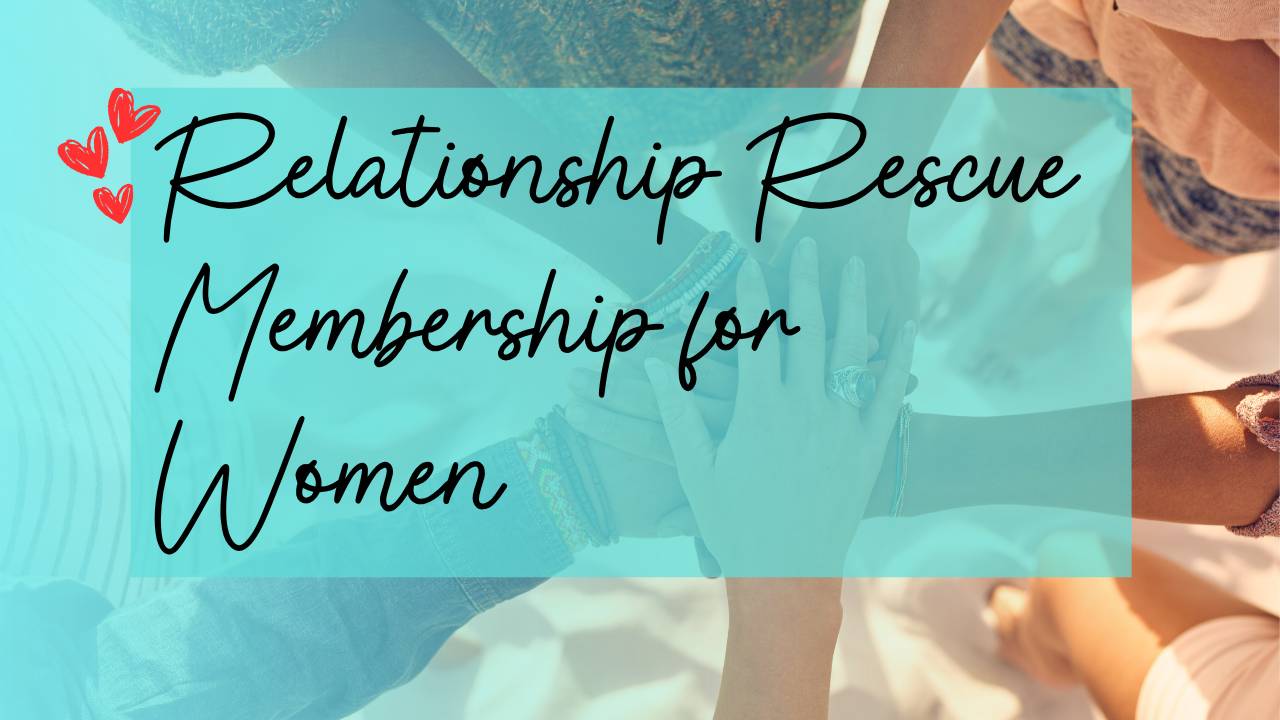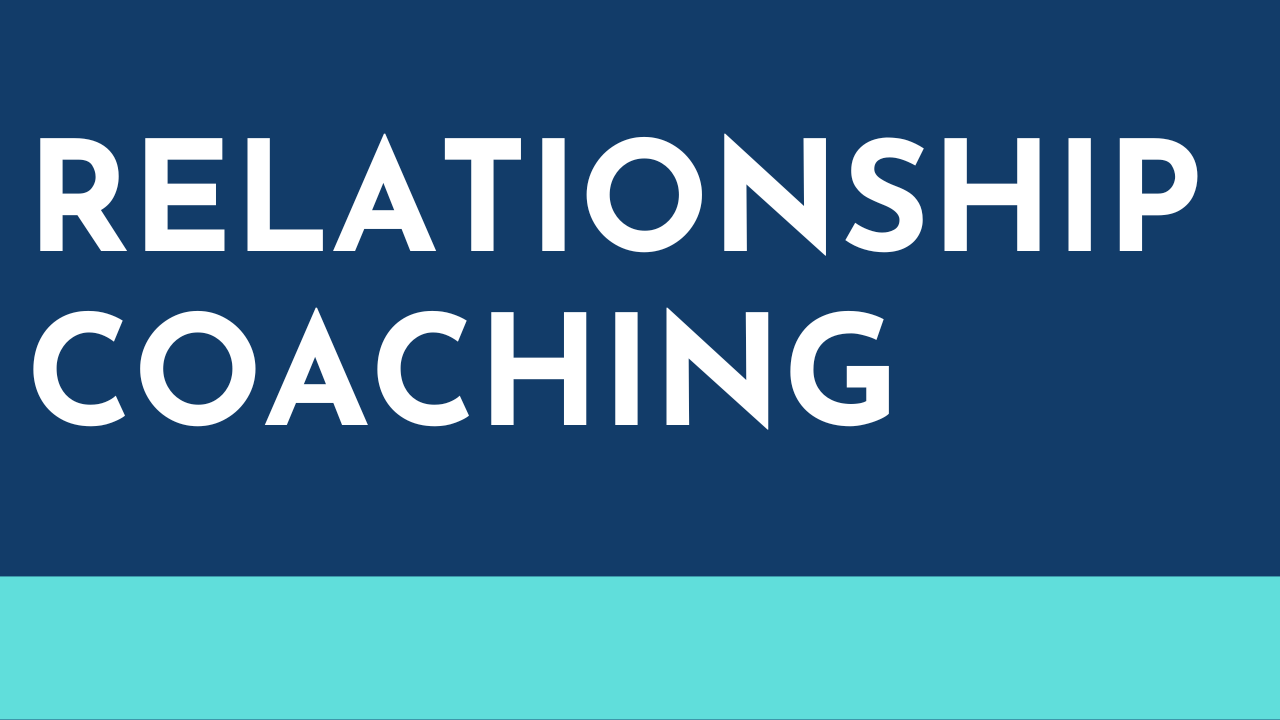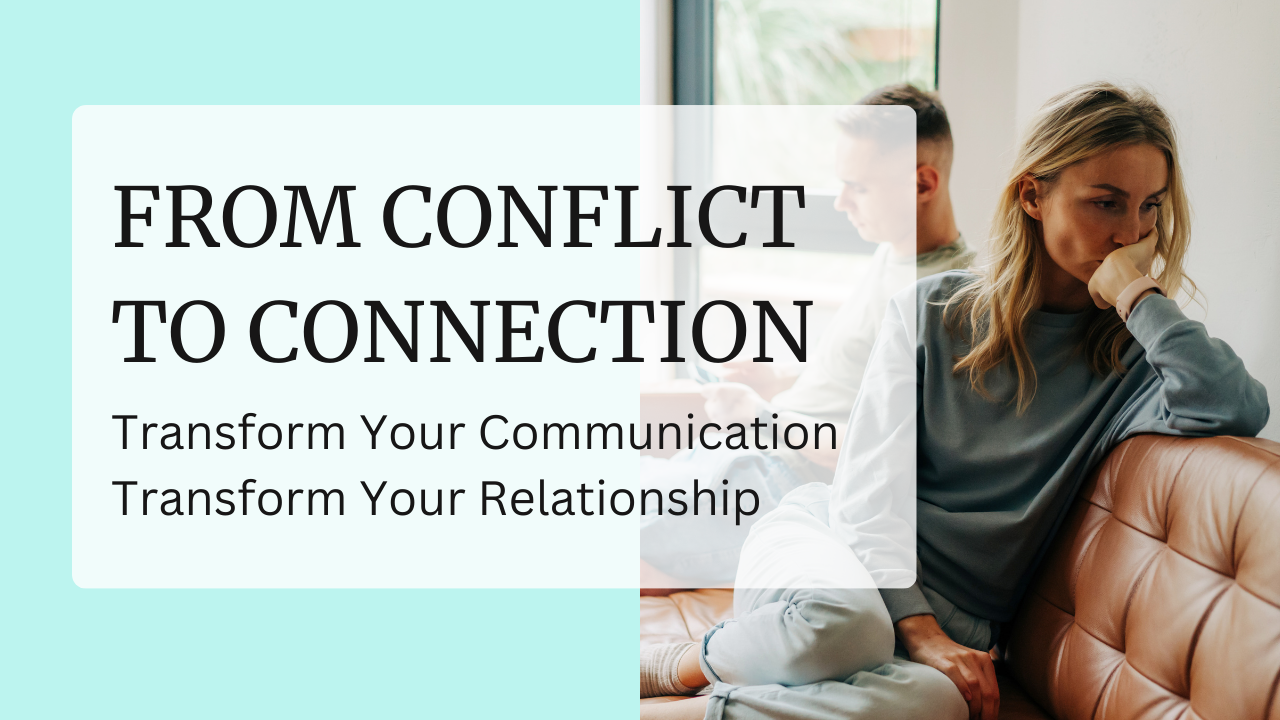34. Why Being Right Doesn’t Matter in a Relationship: How to Prioritize Connection Over Winning
Hey, I'm Karyn, your couples therapist and relationship coach with *A Better Relationship Coaching.* Today, I want to talk about why it doesn’t actually matter who’s right when you and your partner are arguing or having a disagreement in your relationship.
Disagreements are inevitable in any relationship. Maybe it's about who did what last, how to spend money, or what to do over the weekend. During these moments of conflict, there’s often a tendency to want to prove that you’re right—to show your partner that your viewpoint is more valid or that your argument is stronger. But when you dig deeper, it becomes clear that being “right” (yes, I’m putting that in quotes) isn’t really what matters. In fact, focusing too much on being right can cause more harm than good in your relationship.
So let’s talk about why it doesn’t matter who’s right and how shifting that mindset can actually strengthen your connection with your partner.
Seeking Validation: A Natural Instinct
It’s totally normal to want to feel validated and understood. When you're in a disagreement, your brain might be working overtime to gather evidence that supports your argument. You might even believe that if you can just convince your partner that you're right, the issue will be resolved.
But here's the thing: convincing your partner to see things your way is very unlikely in the middle of an argument AND winning an argument doesn’t mean you “win” in your relationship. In fact, you rarely gain anything from that approach. Proving you're right doesn't necessarily fix the problem, and it definitely doesn’t help your partner feel heard. Instead, it can create a bigger divide because the focus shifts from solving the problem to proving a point.
The Real Goal of a Disagreement
Even if you’re technically correct about something, that doesn’t mean you’re right in the context of your relationship. So ask yourself: what is the true goal of a disagreement?
Most people would say they want to resolve the issue, which is great. But when the focus shifts to proving who’s right, the goal often becomes about winning rather than understanding each other. Ideally, the real goal in any disagreement should be to understand your partner’s perspective, have them understand yours, and find a solution that works for both of you. It’s not about proving a point; it’s about resolving the conflict in a way that respects both people’s feelings and concerns.
When you let go of the need to be right, you create space for empathy and connection, which can ultimately bring you closer together.
The Cost of Being Right
Imagine you and your partner are arguing about whose responsibility it was to pay a bill. You have all the proof in the world that it was your partner’s turn, and they totally forgot. You feel justified in pointing this out. But what happens next?
Even if your partner eventually agrees that you were “right” (or technically correct), does the emotional tension really disappear? Are they going to feel closer to you after being shown that they were wrong? Probably not.
That’s because focusing on who’s right doesn’t address the underlying feelings behind the disagreement. Your partner might feel embarrassed, defensive, or hurt. You may have “won” the battle, but the emotional distance that follows is the real loss. Relationships thrive on connection, not the competition that comes with being right.
The Emotional Cost of Being Right
Constantly trying to prove you’re right can create a dynamic where, if one person is always right, the other is always wrong. Over time, this can breed resentment. Instead of growing together, you may find yourselves drifting apart as one person starts to feel invalidated or unheard.
So rather than focusing on who’s right, focus on finding a solution together. When you work together to solve a problem, you show that your relationship comes first. That’s far more powerful than winning an argument.
Conclusion: Prioritize Connection Over Being Right
In the grand scheme of things, it doesn’t really matter who’s right. What matters is how you treat each other during disagreements and whether you prioritize your relationship and connection over being correct.
Next time you find yourself in an argument with your partner, take a deep breath. Remind yourself that it’s not about winning—it’s about understanding, empathy, and finding a solution together. By letting go of the need to be right, you’ll foster a healthier, more connected relationship.
That’s it for this week! I hope this was helpful. Until next time, take care of yourself and take care of each other. Thanks!



